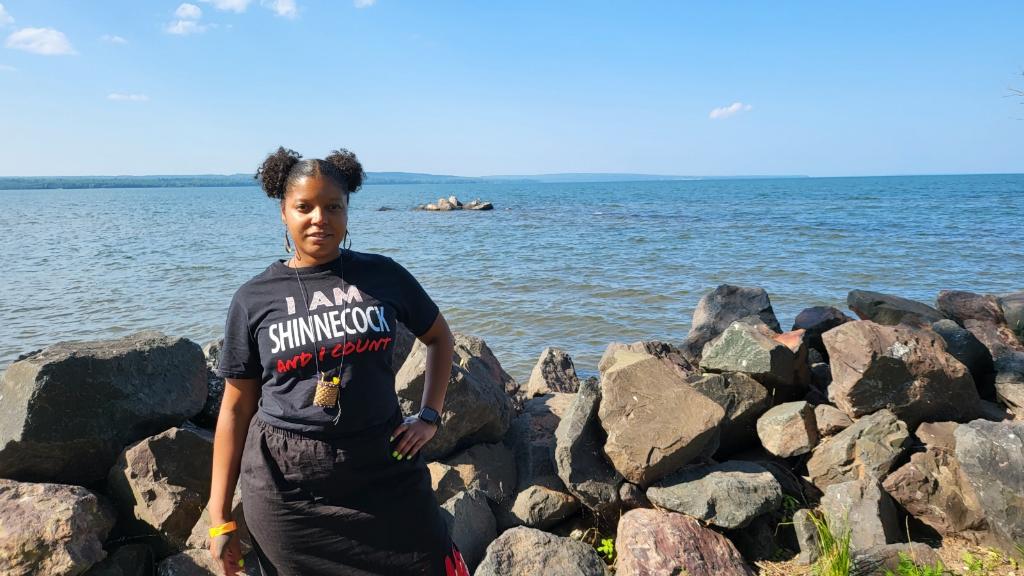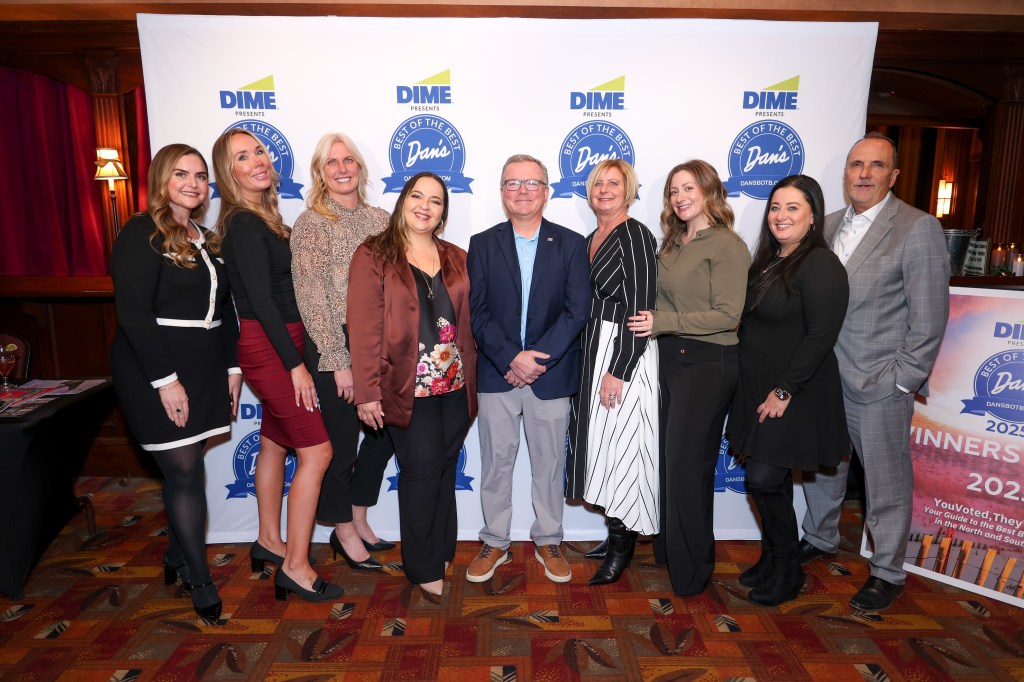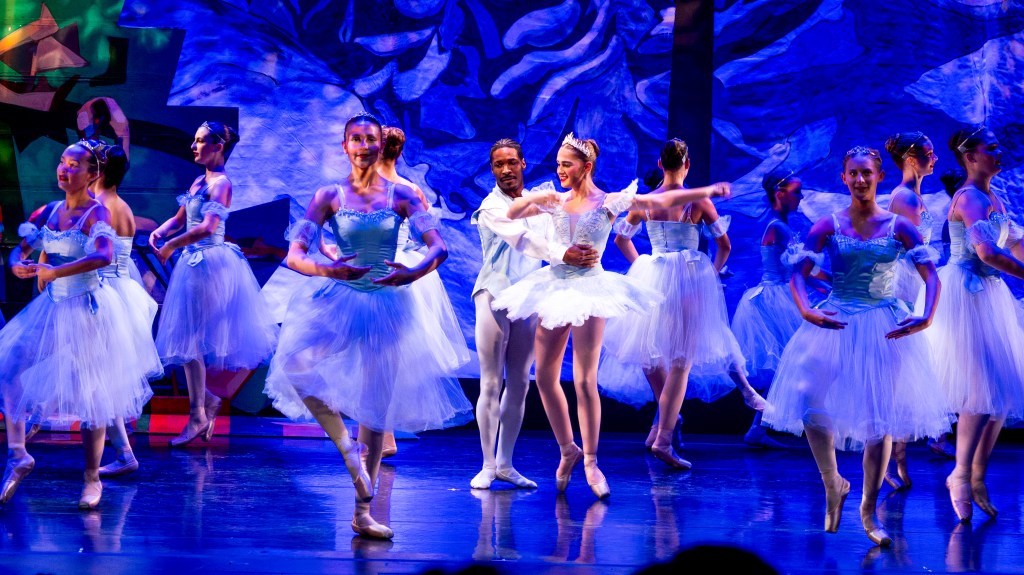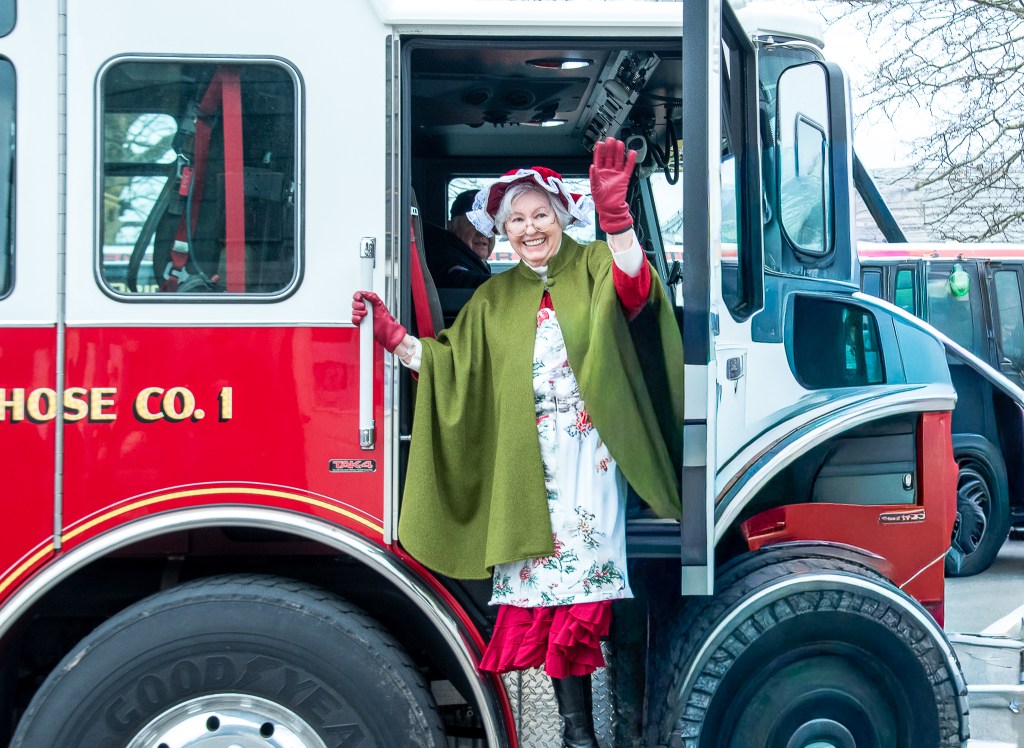The Struggle & Strength of Being a Good Relative: A Journey of Self-Work & Healing

Whenever someone asks what it’s like to grow up on Shinnecock, I tend to give a simple, almost reflexive answer, much like the way strangers respond to “How are you?” — with something generic like, “It was fun. I learned to drive by the age of 10, and we had a sense of freedom, unburdened by outside bureaucracy.”
But the deeper truth is much more complex. Growing up with nearly every family member — immediate and extended — within a 1.2-square-mile radius is both a blessing and a burden.
On the one hand, there’s the comfort of a built-in support system. Family gatherings are easy, and you have constant opportunities to spend quality time with loved ones. Conversely, when the highest degree of separation between any two people is three, knowing and being known by nearly everyone you see every day can feel suffocating.
A perfect example of this is the stories my parents’ generation talk about their youthful mischief. They joke that they’d get scolded by everyone they passed on their way home, only to receive the real punishment once they got there. And that was before cellphones and social media.
In a tight-knit community like Shinnecock, all the familiar clichés of small towns apply: Someone is always watching, and everyone thinks they know your business because people talk.
I often wonder who I might have become had I been raised in a more diverse, less collective corner of the world — somewhere I could blend into the crowd and define myself on my own terms. Maybe I’d be bolder or more socially confident. Or perhaps I’d have focused more on my personal goals and career. When I lived in D.C. for a while, life was much more unpredictable and full of zeal.
Still, there’s a unique strength in growing up among people who look like you and share your history. It fosters a deep collective sense of identity, one that ties you to something larger than yourself. But that sense of belonging comes with its own weight — a constant tug-of-war between the desire for individualism and the inherent responsibility to your community.
On Shinnecock, this is especially true because, quite literally, everyone is family. It’s as though maintaining the tribe is the equivalent of running a family business — one you’re expected to take over whether you want to or not. And while you don’t get to choose your family, you find yourself bound to them in a myriad of ways that can feel inescapable.
For some, the burdens of living in a small tribal community can take on a more insidious form.
Once you become aware and active in community affairs and realize how deeply embedded you are in the fabric of the community. It’s hard to think of yourself as anything other than a thread woven into the larger tapestry of this ancient living civilization known as Shinnecock.
For those of us who live, work, and/or serve in the Nation’s public capacities, it can often feel like you give, give, and give, and it is never enough. It can feel thankless at times and futile at others.
Yet, we still give. Our blood memory compels us to, often to our detriment. Such determination can be consuming. Consuming to the point where, without something to ground us, we lose our balance. Worse, we lose ourselves.
To cope with that loss, we use our tongues to inflict lateral violence.
Philosopher Jean-Paul Sartre said, “Hell is not a place,” and R&B singer and songwriter Jhené Aiko further explained, “Hell is other people — or the lack thereof — and their lack of love.”
I experienced this firsthand in my former capacity of working for the Nation. When the work environment soured under new leadership, my efforts to address the issues were ignored and dismissed. The worst part? The disrespect came from people who called me “cousin,” “sister,” “friend.” I loved my work and gave my heart to it. But to be devalued, demoralized, and gaslit by people I was supposed to trust was soul-crushing.
I carried that anger home with me, lashing out at those I love most — my partner, my grandmother — people who had nothing to do with the pain I was carrying.
It was then I truly understood the saying, “Hurt people hurt people.”
In 2023, I resigned. I chose to leave an environment of suppression and negativity and to heal.
I turned to the Midewiwin lodge ceremonies, seeking a connection to our pre-colonial way of life. It’s said that the Creator gave us the Medicine Lodge because s/he saw we needed structure and support as we navigate life’s stresses. One of its foundational teachings is that we must first care for ourselves before we can care for others.
The Midewiwin also teaches that there is no such thing as evil or hell—only balance and imbalance.
As Sun Tzu said, “An evil man will burn his own nation to the ground to rule over the ashes,” illustrating the destructive nature of ego and greed. In contrast, Harry Truman said, “It’s amazing what you can accomplish when you don’t care who gets the credit,” suggesting that true success comes from collaboration, not from the “what’s in it for me?” mindset.
Living on Shinnecock has taught me about my role and responsibility to humanity. It is not about any one individual’s quest for self-aggrandizement. It is about respecting that we each play an integral role in the delicate social ecosystem of civilization.
Just like our ancestors worked tirelessly for our benefit, we have a responsibility to the seventh generation — those who will feel the effects of our actions, no matter how insignificant or futile they seem in the moment.
As humans, we are each capable of evil when we lose our moral compass, and the effects of that evil can feel like hell, especially for those of us striving to maintain balance. That’s why it’s so crucial for us to be mindful of how we speak to one another. Proverbs 18:21 says, “The tongue has the power of life and death,” a truth our ancestors reminded us of during a community Healing Ceremony last November.
We all long to belong—to be part of a community where we feel welcomed, heard, and respected. A place where we are accepted for who we are yet encouraged to grow into the best versions of ourselves. Being a good relative is a part of that growth.
Midewiwin teaches us that being a good relative begins with being good to yourself. It’s only when we have compassion for ourselves that we can truly show compassion to others.
We need the courage to be vulnerable and engage in real, honest conversations. When we listen deeply to one another, we may realize that, despite our differences, our intentions are often the same.
To be a good relative means supporting each other, especially when we falter. It means holding ourselves accountable, while also holding others accountable. It means asking for forgiveness and giving others the room to grow. It means treating others the way we want to be treated, even when they don’t offer us the same courtesy.
This kind of self-work is a lifelong journey. We will stumble. And when we do, we must seek forgiveness — from the Creator, from others, and from ourselves. As we learn to be gentle with ourselves, we are reminded to extend that same gentleness to others. That is empathy.
I am still in the early stages of learning to be a good relative. There are still times when post-trauma triggers overwhelm me, and I lash out. To any relatives I may offend, I apologize and ask your forgiveness.
To all my relations, I hope you can see me in a good way as I strive to stand in a good way. I do my best to remind myself to be a good relative, especially when it’s hard. I remind myself to pray for those who have hurt me, even while I am still healing from that pain. I encourage myself to look for the good in those who hurt me and let go of my resentments so they can have room to grow.
I encourage us all to show this kindness to one another so that, together, we can do our best to be good relatives for all our relations — here and yet to come.









